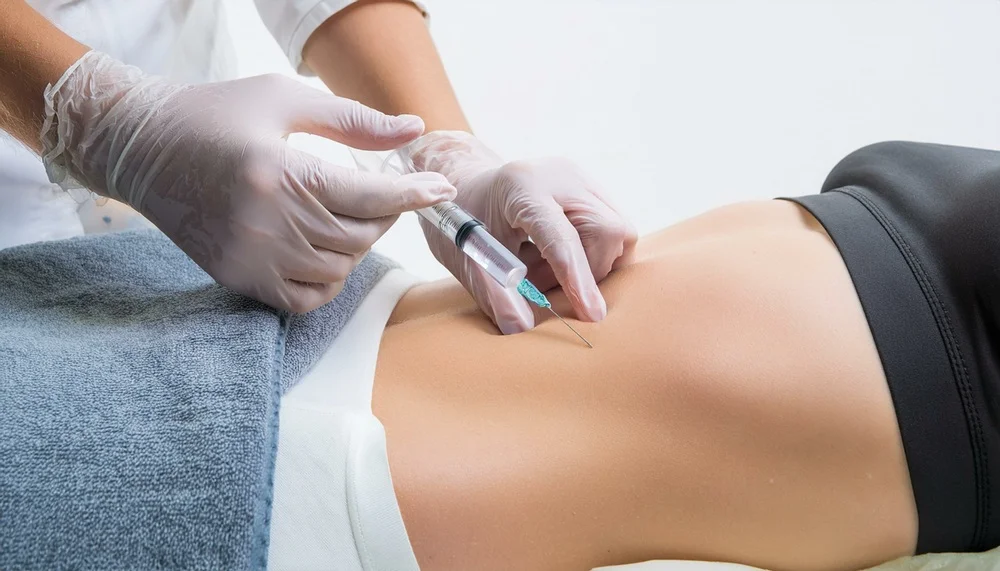As peptide therapy gains global attention for its promising anti-aging, weight management, and wellness benefits, many international patients are considering traveling to South Korea to access this cutting-edge treatment. However, safety is often the foremost concern, especially when receiving medical procedures abroad.
So, is peptide therapy safe for international patients visiting Korea? What do Korean medical experts say about the risks, protocols, and quality standards?
Let’s dive deep into the facts, medical insights, and patient safety considerations.
Understanding Peptide Therapy Safety
Peptide therapy involves the administration of synthetic or naturally-derived peptides to stimulate specific biological functions. The treatment is generally minimally invasive, using small subcutaneous injections, intravenous drips, or topical applications.
Why Safety Matters for International Patients
- Different countries have varied regulatory standards for peptides.
- Foreign patients may have limited time for consultation or follow-up.
- Language barriers and unfamiliarity with the healthcare system can pose challenges.
- Ensuring pharmaceutical-grade products and experienced clinicians is essential.
What Korean Doctors Say About Peptide Therapy Safety
1. Rigorous Quality Control of Peptides
Korean clinics source peptides from pharmaceutical-grade manufacturers who comply with international GMP (Good Manufacturing Practices). According to Dr. Lee Min-jun, a leading anti-aging specialist at Seoul’s Chaum Life Center:
“We only use peptides that are FDA-approved or have equivalent safety certifications. This reduces the risk of impurities or contamination that might cause adverse reactions.”
2. Comprehensive Patient Screening and Personalized Protocols
Before any peptide therapy session, patients undergo a detailed medical history review and, often, blood tests to assess their health status. This helps tailor peptide types and dosages to individual needs.
Dr. Kim Soo-hyun, a functional medicine expert, explains:
“One size does not fit all. We assess liver, kidney, and immune function to prevent side effects and ensure compatibility. For international patients, we emphasize clear communication to avoid misunderstandings.”
3. Minimal Side Effects and Low Risk Profile
Peptides are naturally occurring amino acid chains that the body metabolizes quickly. When administered properly, side effects are rare and mild, such as:
- Temporary redness or swelling at the injection site
- Mild headache or fatigue in some cases
- Allergic reactions are extremely uncommon with proper screening
Dr. Park Ji-eun, dermatologist at BIO Balance Clinic, notes:
“Peptide therapy is generally safer than hormone replacement therapy because peptides target specific receptors without systemic hormonal shifts.”
How Korean Clinics Ensure Safety for International Patients
Multilingual Medical Staff and Translators
To bridge communication gaps, reputable clinics provide:
- English-speaking doctors and nurses
- Medical interpreters via phone or in-person
- Detailed consent forms and treatment plans in English
Transparent Consultation and Follow-up
International patients often receive:
- Pre-treatment consultations via video call
- Clear explanations of expected effects and potential risks
- Follow-up care instructions, even remotely after returning home
Use of Advanced Diagnostic Tools
Korean clinics employ comprehensive diagnostics (blood panels, hormonal assays, body composition analysis) to:
- Detect contraindications
- Monitor patient response during treatment
- Adjust protocols in real-time
Important Safety Tips for International Patients Considering Peptide Therapy in Korea
- Choose Accredited Clinics: Look for internationally accredited or Korean government-licensed clinics specializing in regenerative medicine.
- Verify Peptide Source: Ask if peptides are pharmaceutical-grade and certified for human use.
- Disclose Full Medical History: Be honest about allergies, medications, and pre-existing conditions.
- Avoid DIY or Unregulated Peptides: Never purchase peptides online or from unverified sources—these carry higher risks of contamination.
- Follow Aftercare Guidelines: Stay hydrated, avoid alcohol and strenuous activity as advised, and monitor for any unusual symptoms.
- Ask About Emergency Protocols: Inquire how the clinic handles rare adverse reactions or complications.
Real Patient Experiences: Safety First
Many international patients report smooth, safe experiences with peptide therapy in Korea:
“I was initially nervous about getting injections abroad, but the doctors explained every step carefully. The side effects were minimal, and I felt confident throughout.” – Michael T., USA
“The clinic staff were professional and attentive. I had a slight redness at the injection site, but it disappeared in hours. The therapy results were well worth it.” – Anna S., Australia
Conclusion: Is Peptide Therapy Safe for International Patients in Korea?
The consensus among Korean medical experts is clear: Peptide therapy is safe when performed by licensed professionals using high-quality peptides and tailored protocols. South Korea’s stringent medical regulations, advanced diagnostics, and patient-centered care make it a trustworthy destination for international patients seeking this therapy.
If you’re considering peptide therapy abroad, prioritize clinics with transparent practices, experienced staff, and robust safety protocols—qualities that many Korean clinics are known for.
Consult thoroughly, ask questions, and choose a clinic that supports your health and peace of mind every step of the way.




